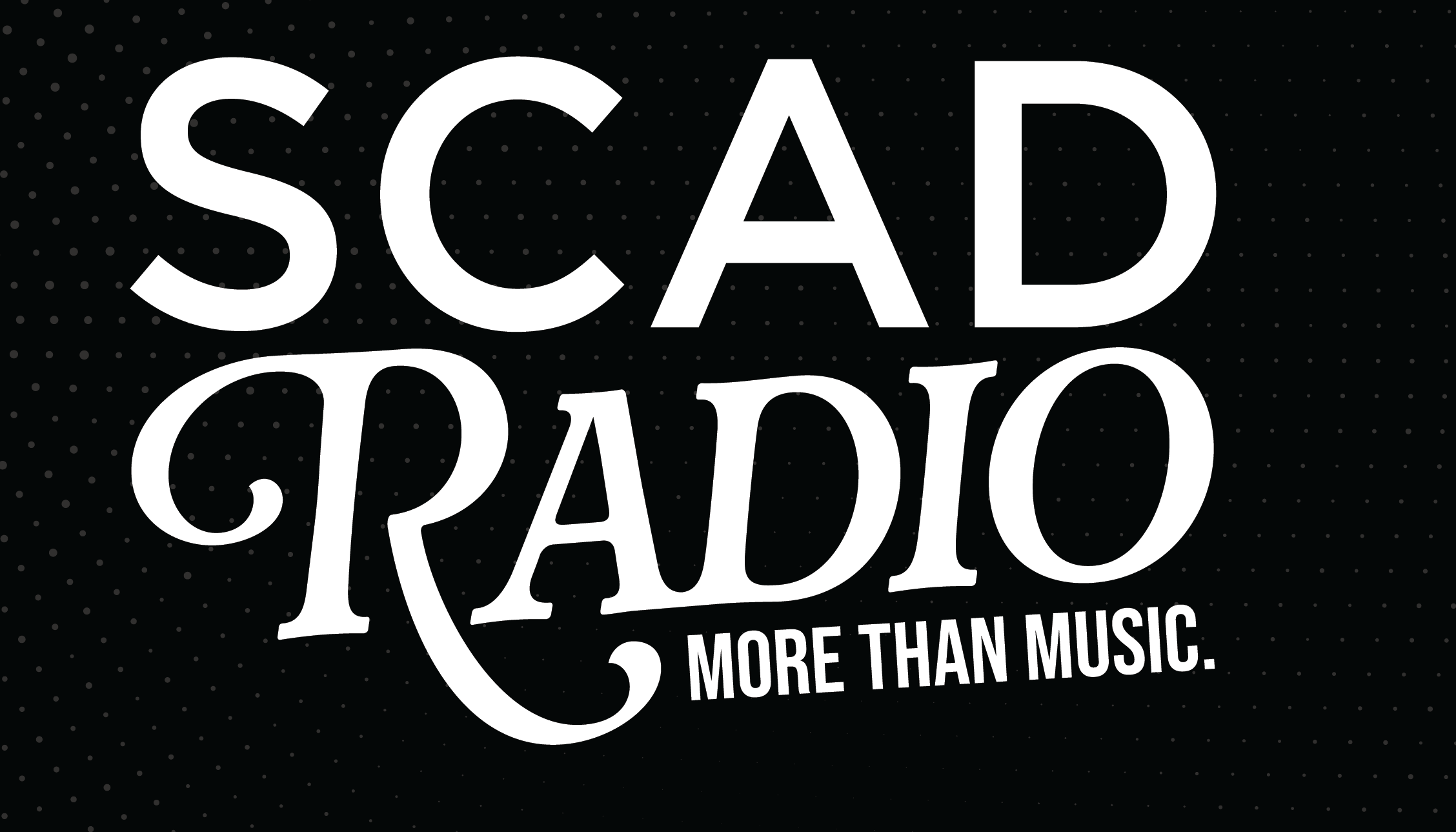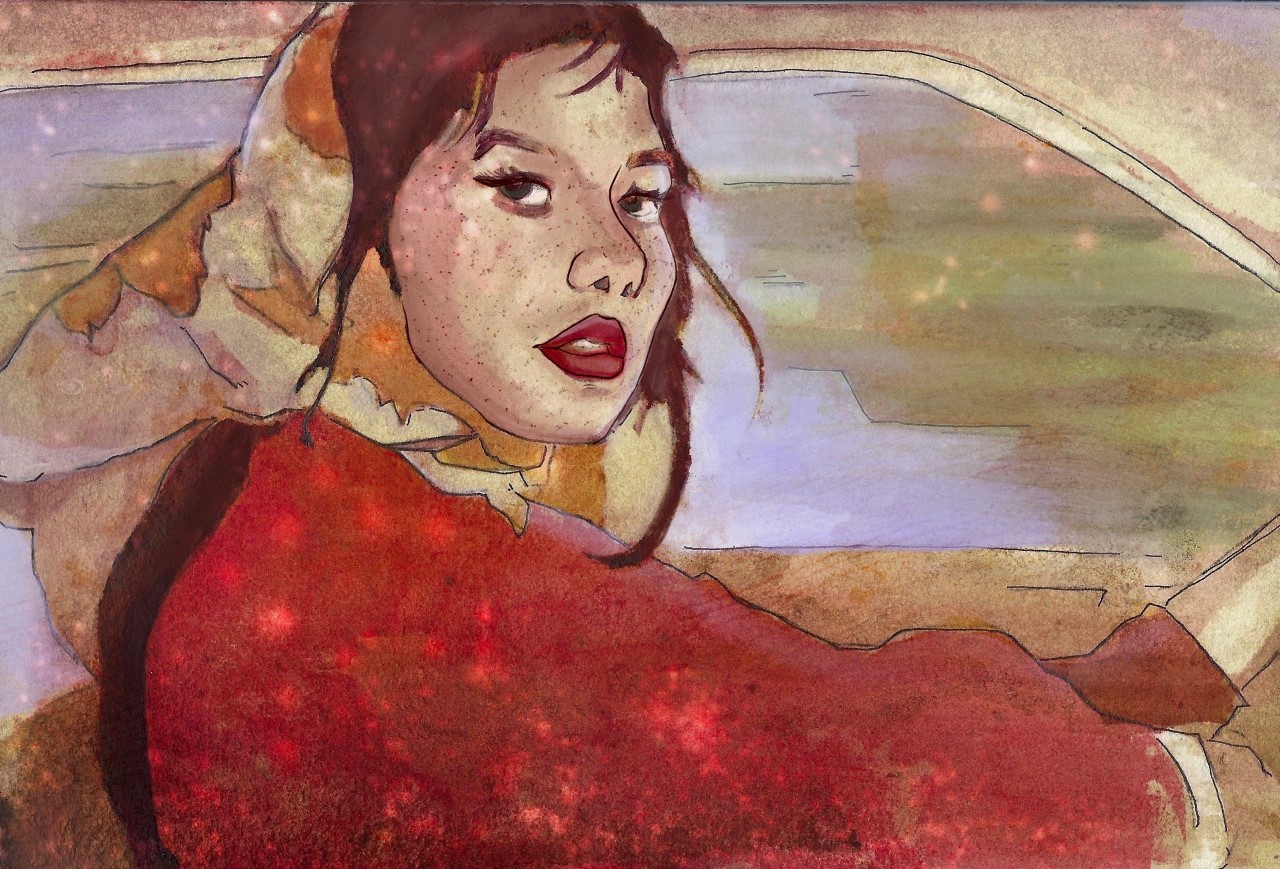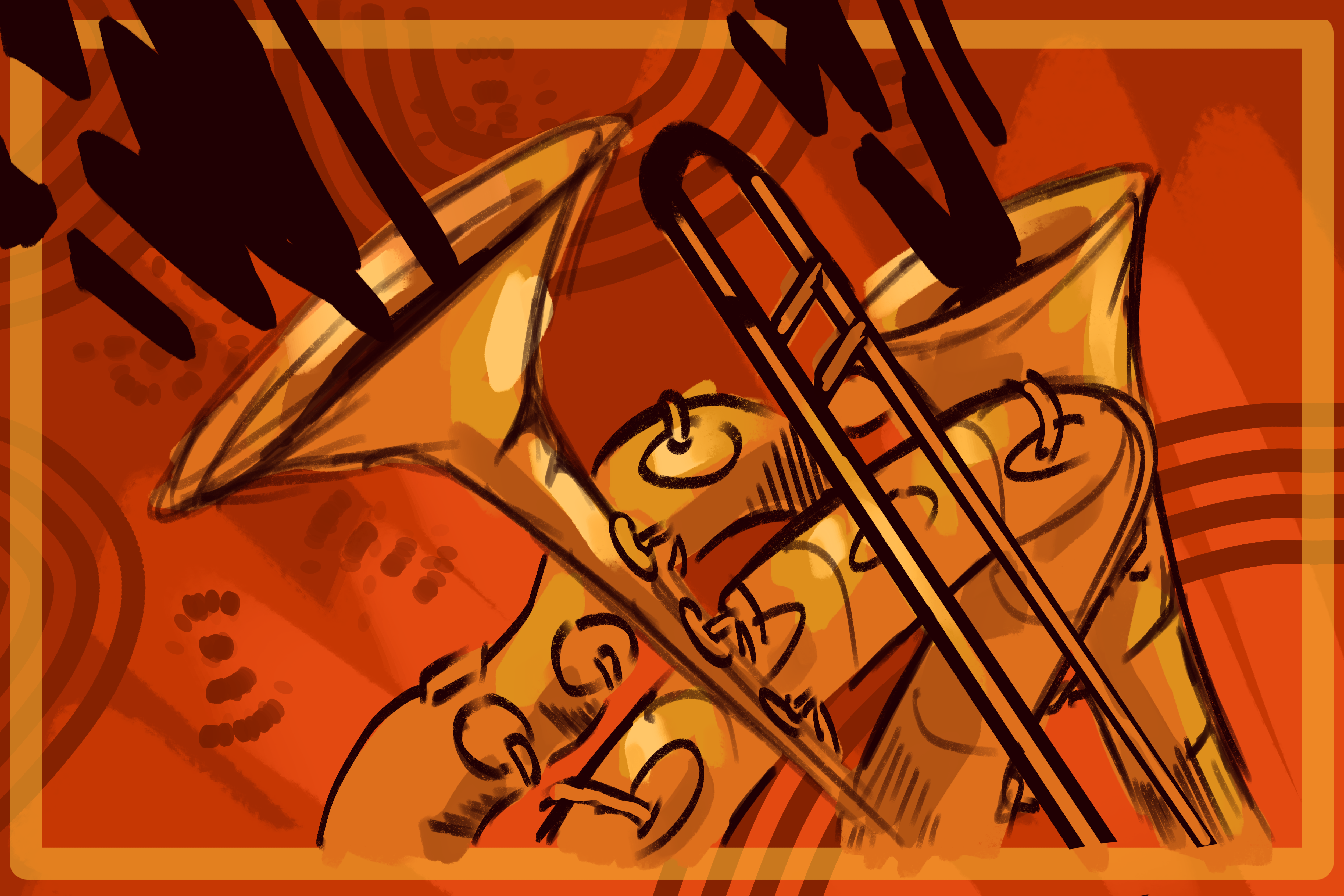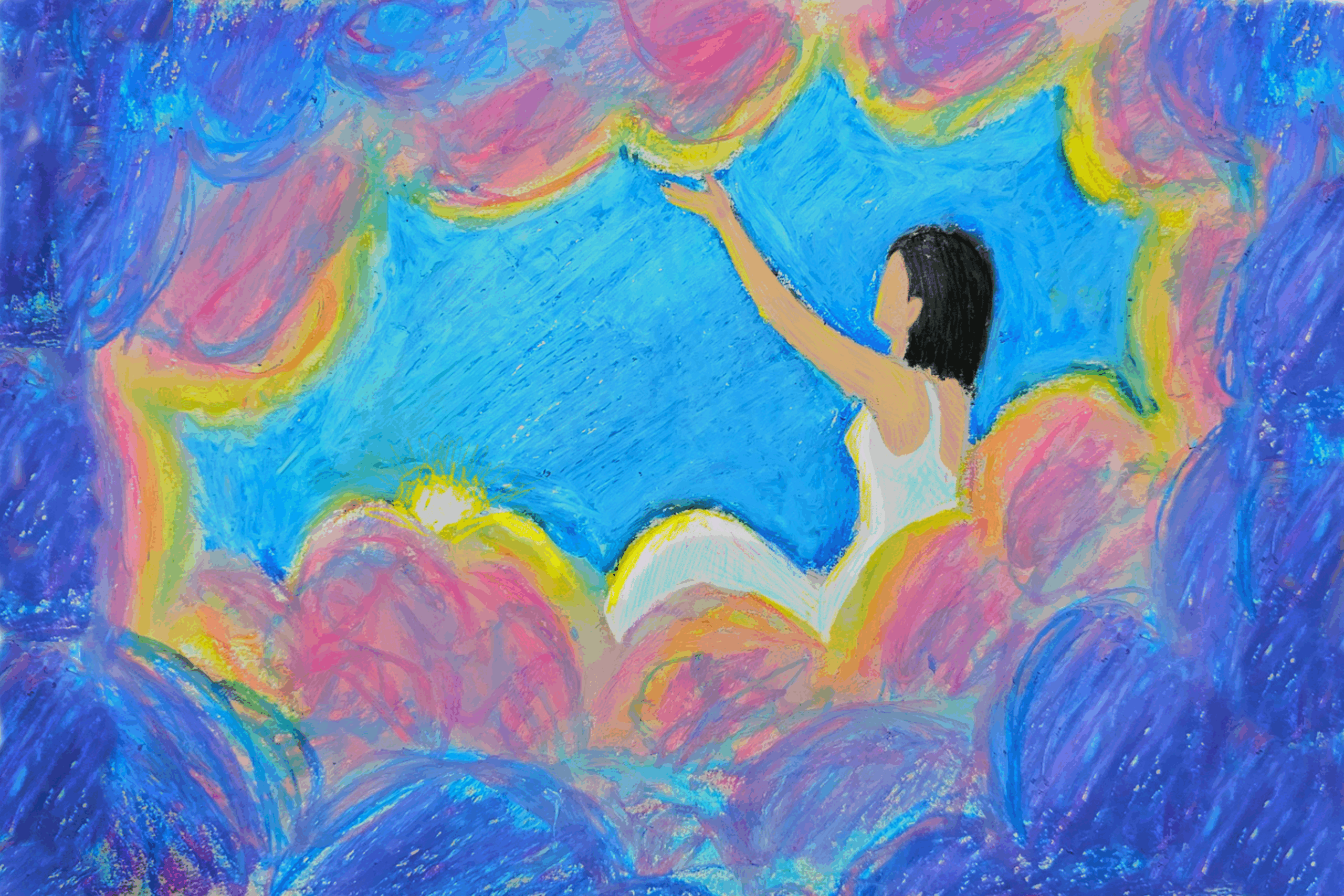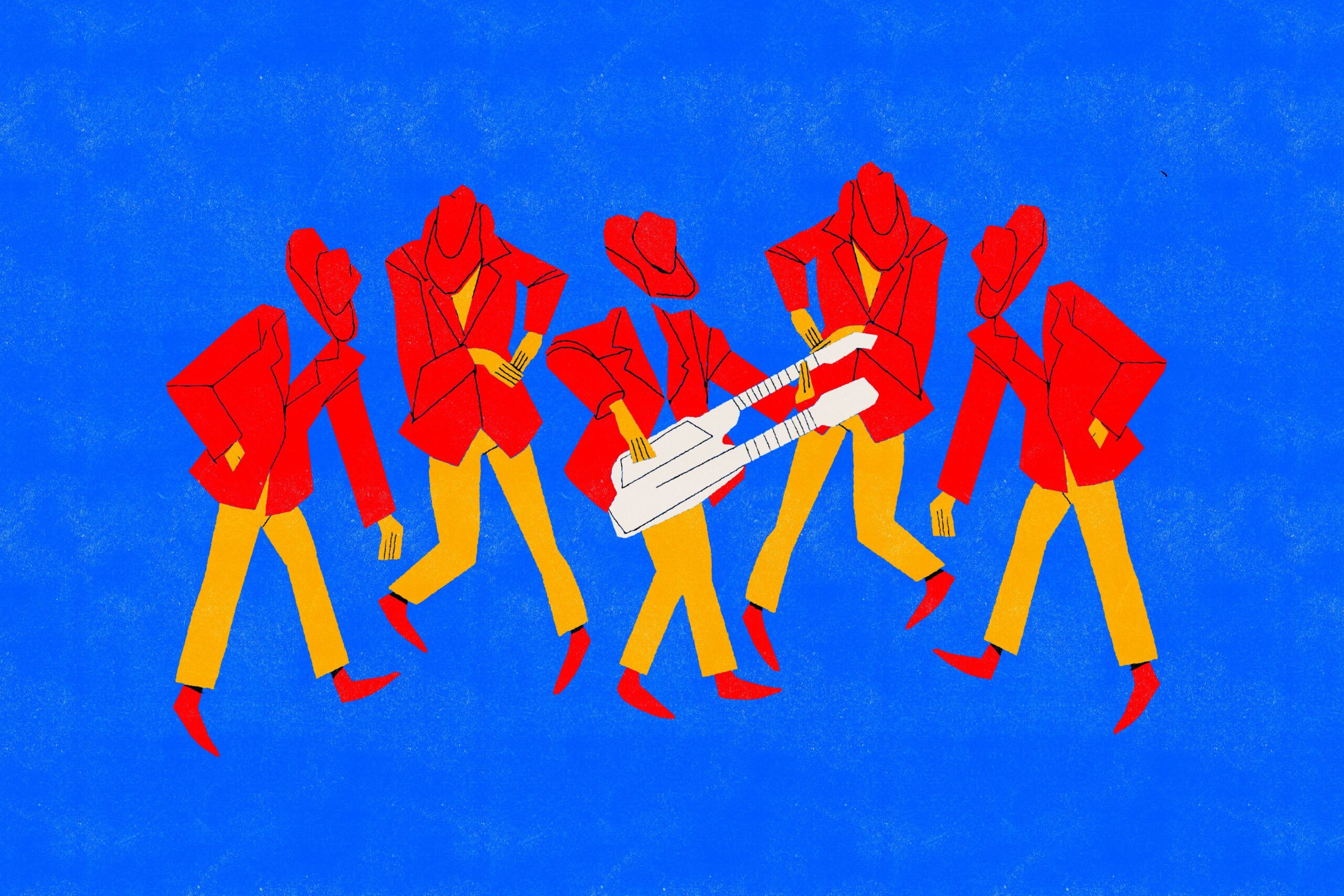In the trailer to her upcoming album, Kesha states that she “got her balls back”. Her latest single, “Raising Hell,” proves the truth in that declaration. As an artist and person, Kesha has come so far despite the challenges she’s faced musically and especially personally. She began her career with a party girl image–many critics accused her of chronic shallowness, but even her initial releases showed a great deal of cleverness and melodic acumen. Her latest album, Rainbow, served as a comeback after legal disputes with the abusive former producer lead to a hiatus. That album expanded Kesha’s sonic palette by incorporating more country and rock elements and it addressed some of the issues she had dealt with in relation to said producer.
She’s no longer constrained to a strict, produced image–Kesha can be a party girl if she wants to, but she can also talk about her own feelings and desires.
For a long time it seemed as though the party music legacy of Kesha had been irreparably tarnished–was it all manufactured? Did she want to be portrayed as a party animal at all? With this new single and album, she intends on taking back that wild persona on her own terms, saying she wants to “revisit her roots of pure debaucherous joy”. “Raising Hell” achieves that with its bouncy beat and upbeat lyrics. Big Freedia’s ad libs add to the overall joyous tone of the song.
“Raising Hell” definitively is not a return to old Kesha, though. The tone is a departure from Rainbow, but there’s still an element of gravity to it. Beneath the joyous energy, there’s still an underlying theme of being freed. She’s no longer constrained to a strict, produced image–Kesha can be a party girl if she wants to, but she can also talk about her own feelings and desires.
A lot of songs that are supposed to be “empowering” for women or LGBT people or any other minority group seem to fall flat. Oftentimes, it seems like artists are paying lip-service to these groups to sell records or manufacture a certain image of themselves. Kesha is certainly not in this ilk of creators–she’s been an open proponent for the LGBT community long before it was a safe career move, and now she’s creating music that is legitimately reassuring for women. It’s wonderful to see a person come out of such an awful experience of abuse and sexual assault and regain control of her image and career.
The music video for “Raising Hell” serves as an allegory for reclaiming and reinventing her old persona–at first, she’s serving as a puppet under a controlling man, performing a role that she’s shown to be uncomfortable in. Ultimately, she ends up killing the man, a stand in for Dr. Luke, her old producer, and finding more freedom despite having to face consequences. It’s great to see someone who’s been through so much come back with ferocity and vivacity.
